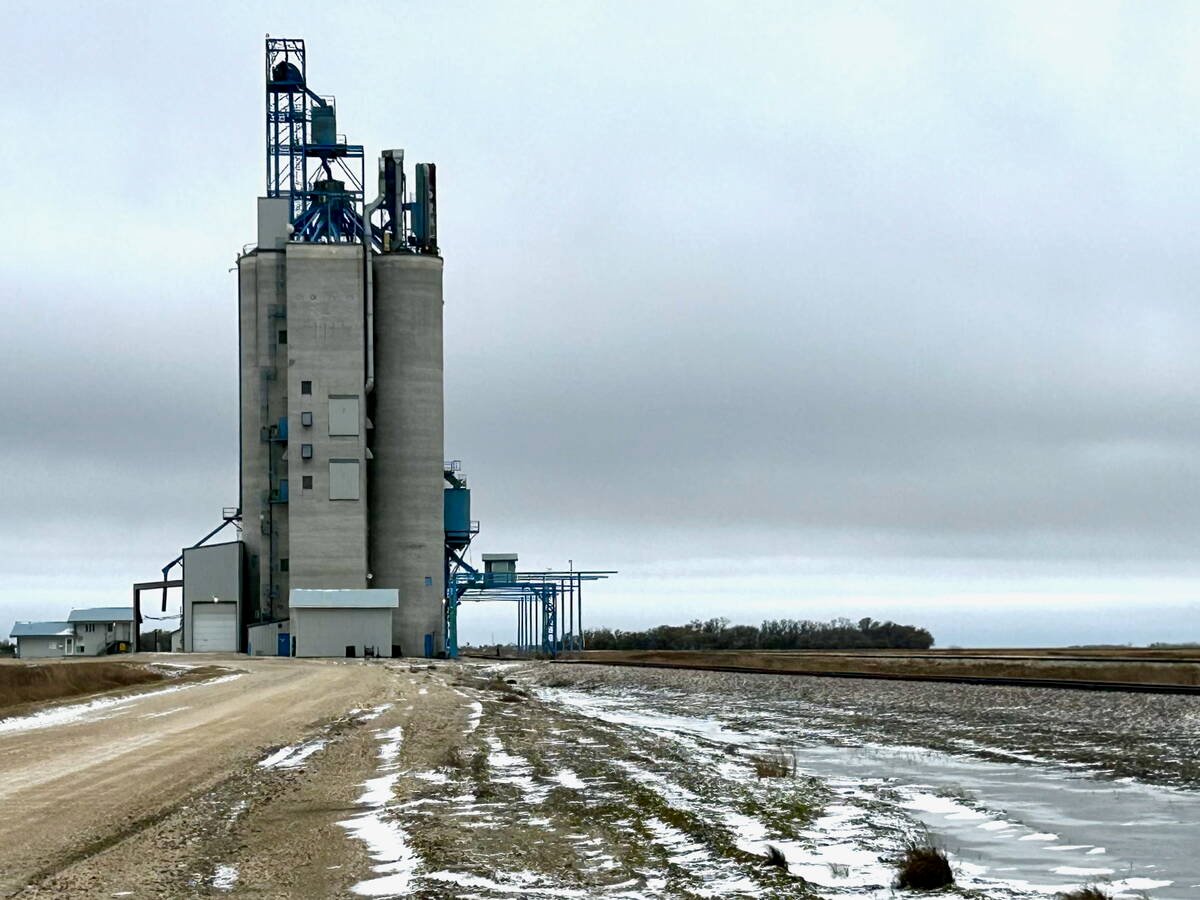Canada, Mexico, U.S. | Goal of meeting is to increase province’s exports
Saskatchewan will host an agricultural trade summit next year as part of its goal to increase exports.
The Feb. 4-5 event in Saskatoon will bring together producers, trade experts and people involved in trade to talk about market access and how to increase the province’s agricultural exports.
The province’s growth plan calls for agri-food exports to increase to $15 billion by 2020. In 2012, the total was more than $11 billion and Sask-atchewan was the top exporting province in the country.
Additionally, agriculture is responsible for more than one-third of the province’s total export earnings.
Read Also

Manitoba grain elevator ownership expands
Carman-based Linear Grain buys Fannystelle elevator from Bunge, another three elevators sold to Morden’s BP & Sons Grain and Storage Inc.
Premier Brad Wall announced the summit at last week’s Tri-National Agricultural Accord meeting in Saskatoon.
Nineteen American states, five Canadian provinces and four Mexican states were represented at the annual meeting of provincial and state agricultural leaders, which is designed to strengthen co-operation and improve understanding.
At that meeting, Canada-U.S., Canada-Mexico, and Mexico-U.S. working groups discussed trade issues, including the Trans-Pacific Partnership negotiations, the U.S. Food Safety Modernization Act, country-of-origin labelling and regulatory co-operation.
Delegates from Canada and Mexico issued a joint statement expressing their disappointment with the revised U.S. COOL rule.
They said the new rule has not brought the U.S. into compliance with WTO obligations and will increase discrimination against Canadian and Mexican livestock.
“Furthermore, the revised COOL rule will result in greater damages, including increased costs and job losses, in the livestock and meat processing industries of the United States, Mexico and Canada,” the statement said.
They urged U.S. Congress to fix COOL and repeated their support for their own federal governments to take action against the U.S. at the WTO, including retaliatory measures if needed.
Delegates to the Canada-U.S. meeting said they recognize the trade disruption that can be caused by low level presence of a product approved in one country but not the other.
Meetings between all three countries resulted in agreements that the TPP negotiations should be successfully completed and that their federal governments should liberalize agricultural trade to the benefit of producers in all three countries. A policy dealing with low level presence should be included.
They said North American co-operation enhances competitiveness.















